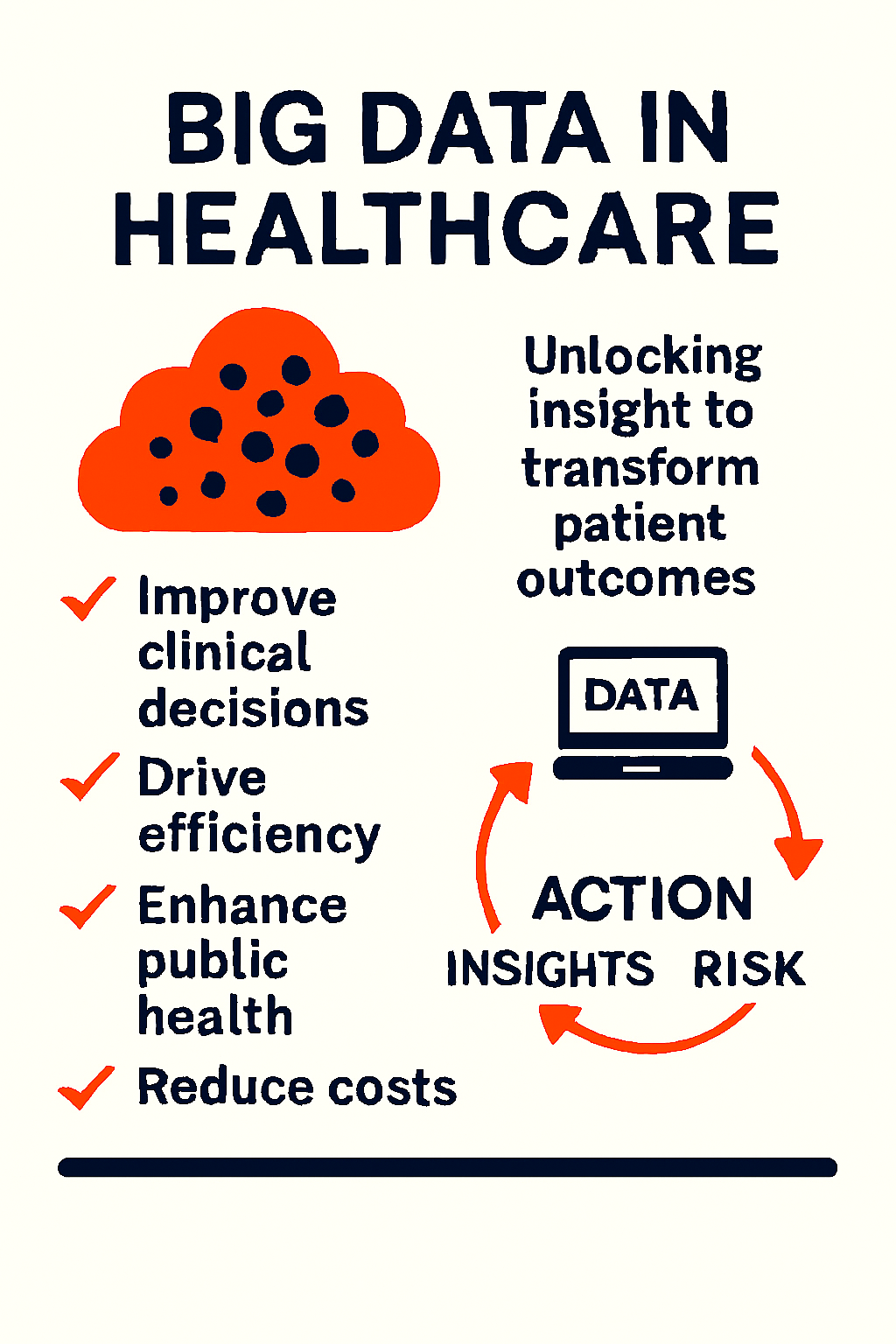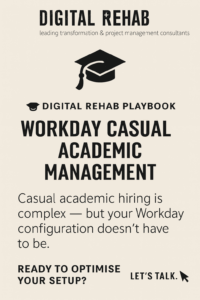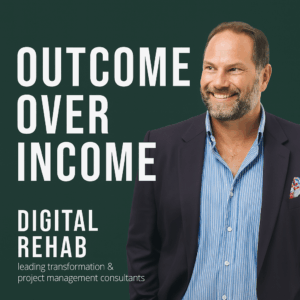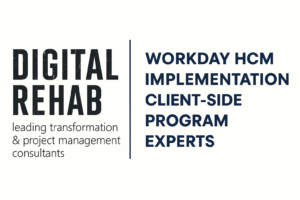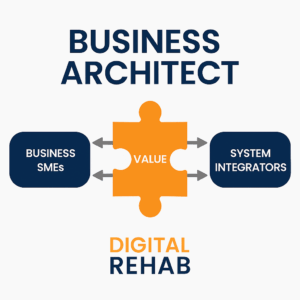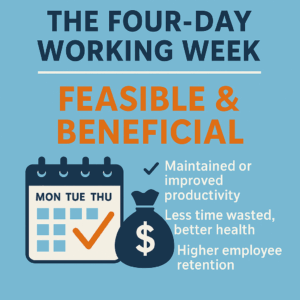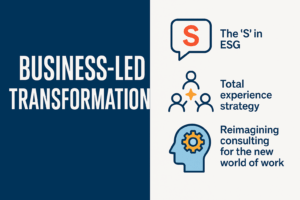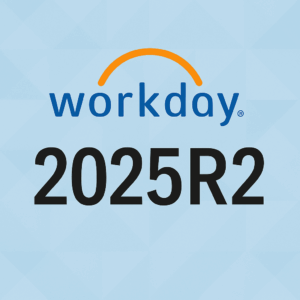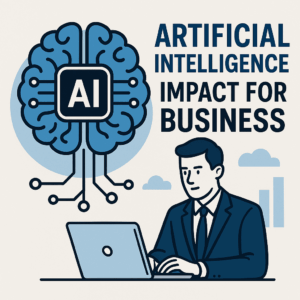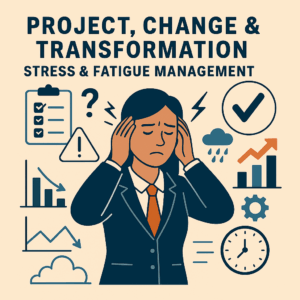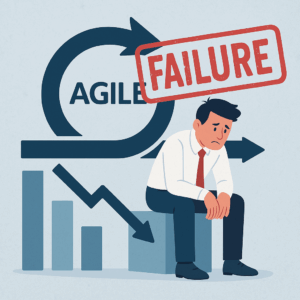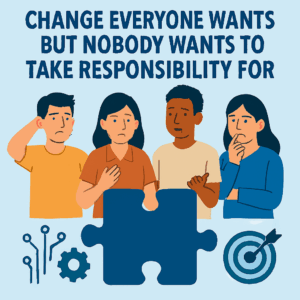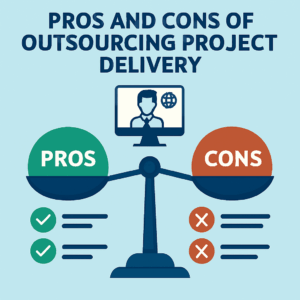Unlocking insight, improving outcomes, and redefining healthcare delivery
Big Data isn’t a cure-all – but it is a powerful tool when applied with purpose. In healthcare, it offers the potential to solve real-world problems, enhance decision-making, and improve patient outcomes – but only when the problem is clearly understood and the data is responsibly managed.
The Healthcare Imperative
Having worked extensively in Australia’s eHealth sector, I’ve seen firsthand how Big Data is reshaping the healthcare landscape.
It’s one of the most pressing challenges – and opportunities – facing hospitals, clinics, and health systems today.
Key questions must be addressed:
- What is Big Data in a healthcare context?
- What capabilities are needed to keep pace?
- How can it support intelligent, evidence-based decisions?
- How do we govern and secure vast volumes of sensitive data?
- Most importantly: What value does it deliver to patients and providers?
Hidden Insights, Real Impact
Within the immense volume, variety, and velocity of healthcare data lie:
- New relationships
- Predictive indicators
- Operational efficiencies
- Clinical insights
These were previously undiscoverable—or didn’t exist at all.
When captured, analysed, and acted upon, this data can profoundly improve:
- Quality of care
- System efficiency
- Patient safety
- Cost management
The Paradox of Big Data
As data grows, our ability to comprehend it often diminishes.
We struggle to:
- Identify relevant data streams
- Manage them effectively
- Extract actionable insights
The challenge isn’t just technical—it’s strategic.
We must build systems that translate complexity into clarity.
The Opportunity Ahead
The goal remains clear:
Improve quality and efficiency while reducing costs.
Yet this remains elusive for many providers and payers.
In the U.S., healthcare spending rose from 13.8% of GDP in 2000 to 17.9% by 2010. Chronic conditions like diabetes continue to consume a growing share of resources—impacting both national wellbeing and individual lives.
Big Data Can Help
With the rise of Electronic Health Records (EHRs) and advanced analytics tools, we now have the ability to:
- Mine large datasets for population-level insights
- Identify statistically valid trends
- Assess care quality using de-identified data
- Inform policy, practice, and innovation
Final Thought
Big Data isn’t just about volume – it’s about value. When used responsibly, it can help us deliver smarter, safer, and more sustainable healthcare for all Australians.

